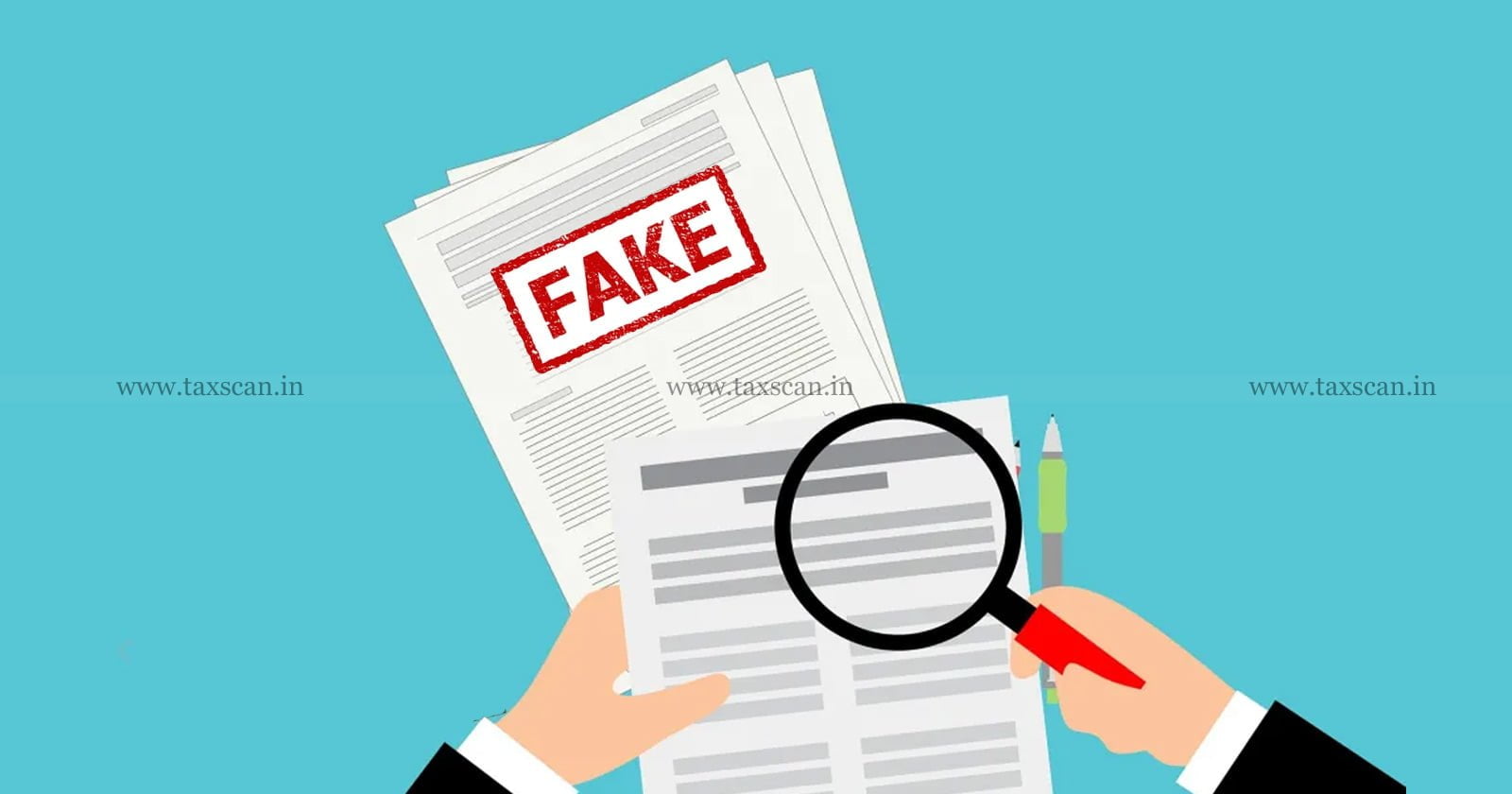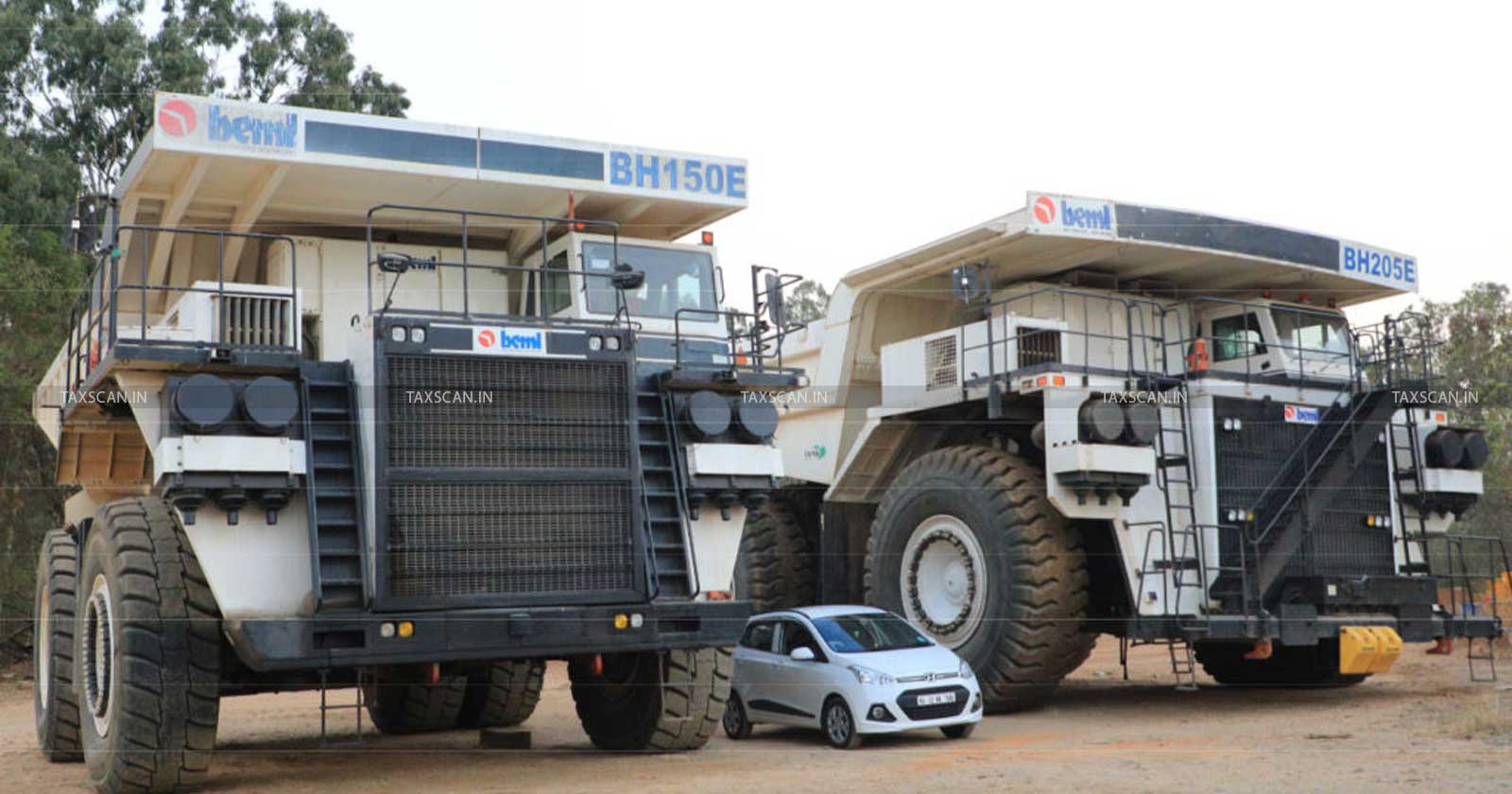Silver Granules Not Notified Goods u/s 123 of Customs, Burden of Proof Lies With Revenue: CESTAT Quashes Confiscation of 260 Kg Silver and Vehicle [Read Order]
CESTAT rules that silver granules, not being notified under Section 123 of the Customs Act, cannot be confiscated as revenue failed to prove smuggling or foreign origin.
![Silver Granules Not Notified Goods u/s 123 of Customs, Burden of Proof Lies With Revenue: CESTAT Quashes Confiscation of 260 Kg Silver and Vehicle [Read Order] Silver Granules Not Notified Goods u/s 123 of Customs, Burden of Proof Lies With Revenue: CESTAT Quashes Confiscation of 260 Kg Silver and Vehicle [Read Order]](https://images.taxscan.in/h-upload/2025/10/06/2094243-silver-granules-customs-cestat-quashes-260-kg-silver-taxscan.webp)
The Kolkata Bench of the Customs, Excise, and Service Tax Appellate Tribunal (CESTAT) ruled that confiscation of silver granules cannot be sustained when the revenue fails to produce cogent evidence establishing their smuggled or foreign origin.
The tribunal held that silver granules are not notified goods under Section 123 of the Customs Act, 1962, and the burden of proof lies with the department.
Vikash Kumar Agarwal, Shashank Agarwal, and Santosh Kumar, the appellants, were subjected to proceedings after officers of the Directorate of Revenue Intelligence (DRI) intercepted a Hyundai i20 car near Maniyari Toll Plaza, Bihar, and recovered 260.67 kg of silver granules concealed in secret cavities. The officers seized the goods on suspicion that they were smuggled from Nepal.
The appellants’ counsel argued that the silver was legally purchased from a Delhi-based firm, A.N. Enterprises, through valid GST invoices dated 01.10.2021 and the transactions were duly reflected in their GSTR-2A and GSTR-2B returns.
 Also Read: Rule 25(1) of Central Excise Applies Only for Removal or Accounting Violations, Not for Facilitation of Fake Credit: CESTAT [Read Order]
Also Read: Rule 25(1) of Central Excise Applies Only for Removal or Accounting Violations, Not for Facilitation of Fake Credit: CESTAT [Read Order]
They submitted that there were no foreign markings on the silver and that the seizure location was around 281 kilometres away from the Nepal border, far beyond the specified 100 km area under Section 11H of the Customs Act.
The appellants’ counsel further argued that since silver granules are not notified goods under Section 123, the burden to prove smuggling rests with the revenue. They also argued that the authorities did not permit cross-examination of witnesses whose statements were relied upon.
The revenue counsel argued that the concealment of the silver in secret cavities and the absence of supporting documents proved smuggling. It claimed that the invoices produced were fabricated because the alleged supplier was not found at the declared address.
The department’s counsel argued that the statements recorded under Section 108 of the Act established the appellants’ involvement in smuggling and justified confiscation.
 Also Read: Relief for BEML: CESTAT holds Goods Sold to Industrial Consumers Not Liable for MRP-Based Assessment u/s 4A of CEA [Read Order]
Also Read: Relief for BEML: CESTAT holds Goods Sold to Industrial Consumers Not Liable for MRP-Based Assessment u/s 4A of CEA [Read Order]
The two-member bench comprising R. Muralidhar (Judicial Member) and K. Anpazhakan (Technical Member) observed that silver granules are not notified under Section 123 and that the burden of proving smuggling lies with the revenue.
It observed that the department failed to produce any evidence of foreign origin or illegal import, such as markings or import documents. The tribunal explained that confiscation cannot be based on suspicion and must be supported by credible evidence.
It also observed that the appellants produced valid GST invoices and returns showing tax payment, which supported their claim of lawful purchase. The tribunal pointed out that the statements relied upon by the department were not tested through cross-examination as required under Section 138B, making them inadmissible.
The tribunal held that the confiscation of 260 kg of silver granules and the vehicle used for transportation was unsustainable. It set aside the penalties imposed under Sections 112(a), 112(b), and 114AA and allowed the appeals with consequential relief.
Support our journalism by subscribing to Taxscan premium. Follow us on Telegram for quick updates


